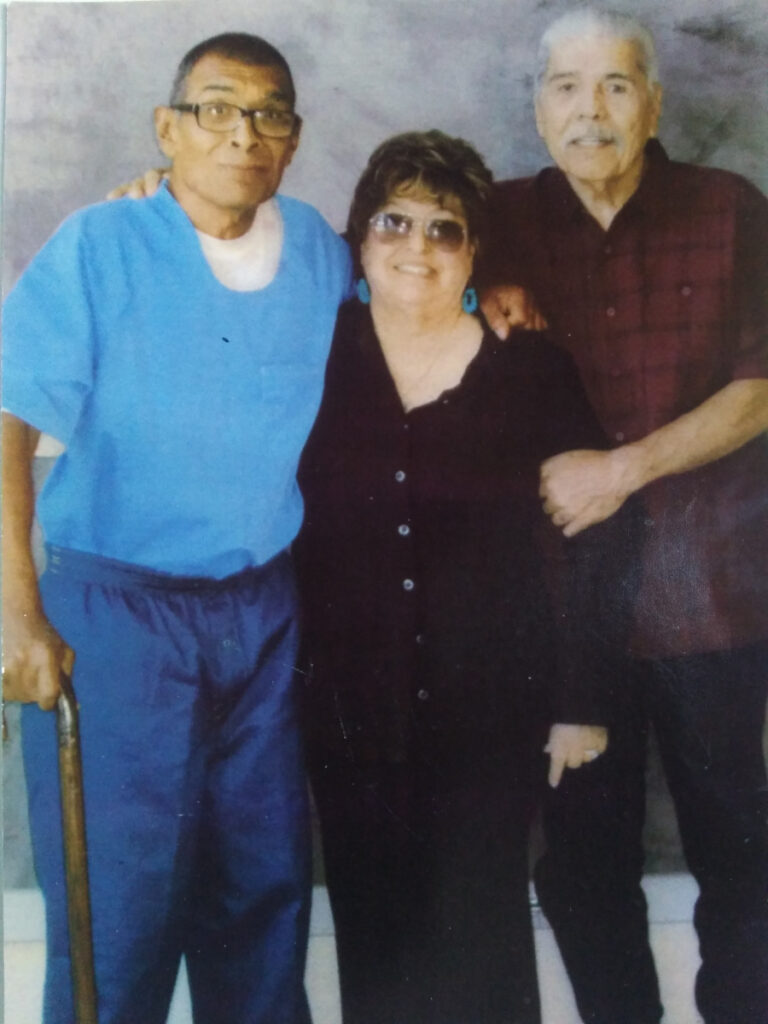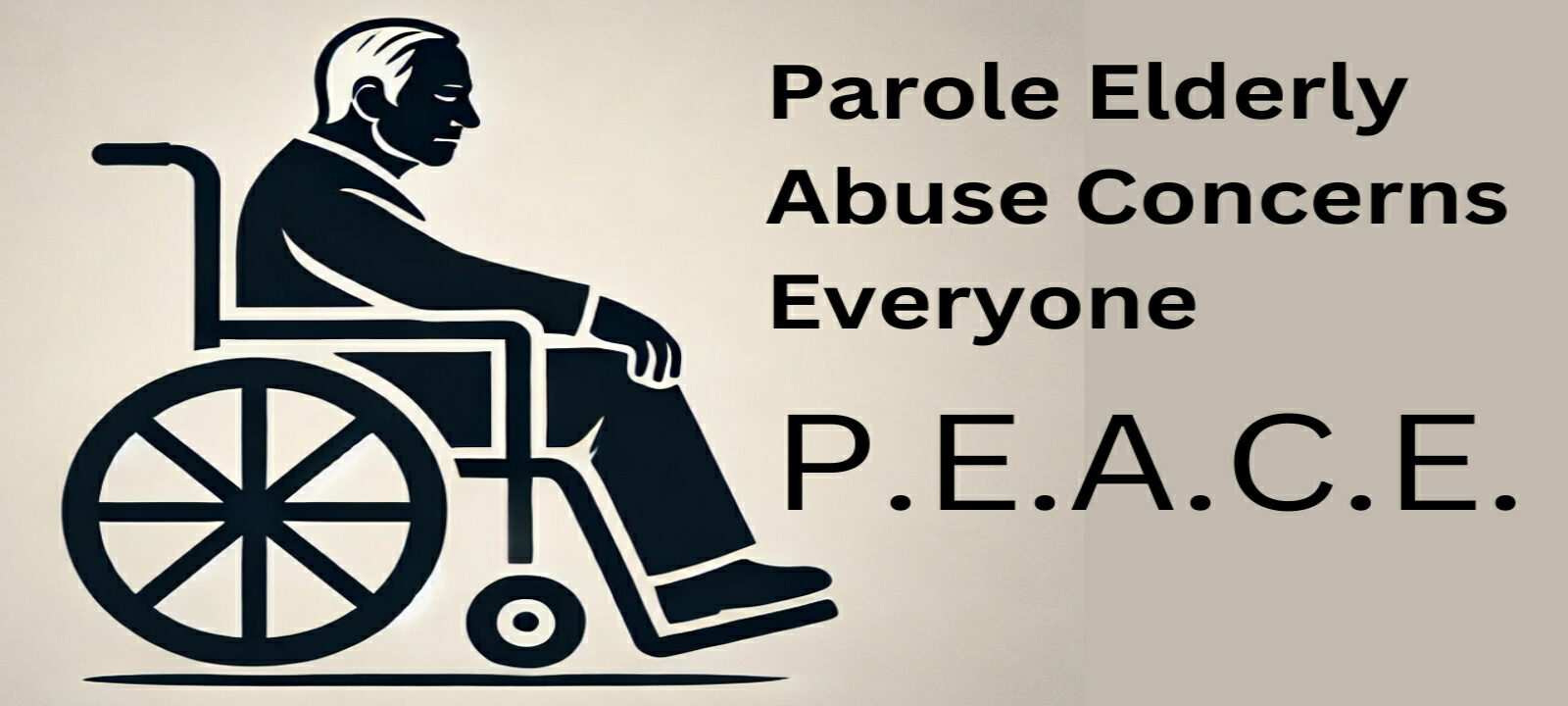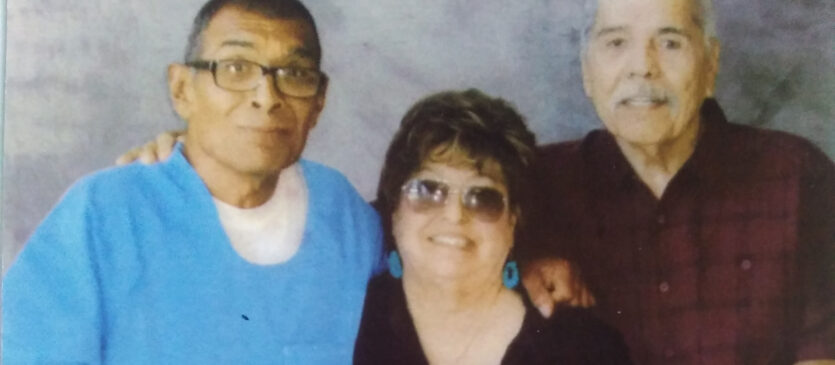By Donald “C-Note” Hooker
Last month, I saw the last vestige of a man alive. Frank U. Gonzales, known as Panchito, had been incarcerated in the State of California since 1964. Born in 1946, he spent over six decades behind bars—a lifetime stolen from him by a system that refused to let him go. I saw him on Sunday, February 2nd. Two days later, on February 4th, he died in a hospital from pneumonia, never having known that the law had changed in his favor.
A Sentence That Became a Death Sentence
Mr. Gonzales was sentenced to 7 years to life for a murder in which he was not the actual killer—he was the driver. In the decades since his conviction, California reformed its felony murder law, recognizing that participants who did not directly commit the killing should not be held to the same level of accountability as the person who pulled the trigger. Under these new laws, Mr. Gonzales should have been eligible for release.
But he never knew.
He died in prison inadvertently, simply because he wasn’t aware that the system had finally acknowledged what he had always known—he did not deserve to die behind bars.
The Will of a Warrior
Despite his failing health, Mr. Gonzales never surrendered to despair. At some point during his incarceration, he underwent heart surgery, leaving him with a pacemaker. The device saved his life but stripped him of his mobility. For many men, that would have been the end of their story—a slow decline into immobility, waiting for the inevitable.
But not Panchito.
I watched him fight his way back. He willed himself from near-crippling immobility—something most people associate with a stroke—back to movement. And not just walking, but playing handball. This was a man in his 70s, defying not just the limitations of his body but the expectations of a system that had long written him off.
A System That Never Let Go

According to confidential prison documents, officials labeled Mr. Gonzales an associate, and later a leader, of the STG-II Texas Syndicate, known by his alias Panchito. These allegations, whether true or exaggerated, ensured that he remained locked away, deemed too much of a risk for release.
For many incarcerated men, the “Security Threat Group” label is a life sentence in itself. It is a tool used by the California Department of Corrections and Rehabilitation (CDCR) to justify prolonged incarceration, regardless of a person’s actual behavior or transformation.
At some point, these labels should lose meaning. At some point, a man who has spent 60 years in prison should be given a second look—not as a gang member, but as an elder. Instead, Mr. Gonzales carried this designation to his grave.
An Injustice That Cannot Be Undone
Frank U. Gonzales died in prison not because he had to, but because no one told him he could leave. He was an old man with a weakened immune system, yet the prison system did nothing to ensure he received the care and consideration he deserved. When he developed pneumonia, it was a death sentence.
Had he been released when the law changed, had someone ensured he knew his rights, he might have been in a home, surrounded by family, instead of dying in a hospital under the watchful eyes of prison guards.
How many more men like Panchito are sitting in their cells right now, unaware that the law has changed? How many will die behind bars, simply because they don’t know that freedom was finally within reach?
At P.E.A.C.E., we fight to ensure that elderly incarcerated individuals, particularly those who have been unjustly held past their eligibility, receive the attention and advocacy they deserve. Mr. Gonzales’ story is a tragic reminder of why this work matters—because no one should spend 60 years in prison for a crime the law no longer recognizes as theirs.
Rest in power, Panchito. You should have been free.



Leave a Reply